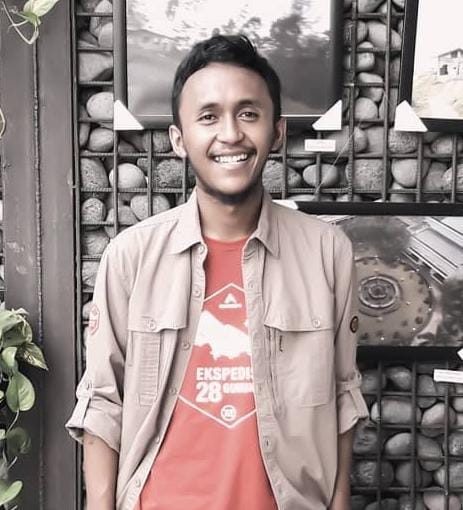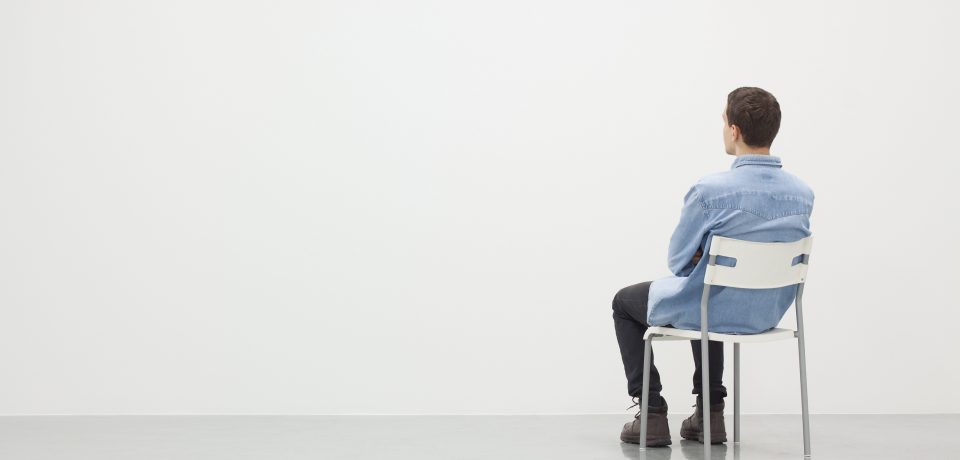People are more aware of the minimalist lifestyle in our culture, as celebrities and billionaires keep up with the increasingly popular trend of decluttering.
Marie Kondo, a Japanese organizing consultant, was the first to introduce the KonMari method of gathering all of our belongings that spark joy and discard those that do not.
This method is claimed to be effective at bringing joy and prosperity to life; spaces become bigger with better air circulation that, in turn, creates a healthier home. Moreover, being a minimalist means that we are conscious about what we consume and that will lead to a more sustainable life. A recent study published in the Journal of Industrial Ecology indicates that consumption is responsible for up to 60 percent of greenhouse gas emissions. This is due to the packaging of what we buy that will end up in a landfill or is transported overseas to be recycled to reduce costs.
How to Be a Minimalist
Muhammad Syafrizal Izaqi, the founder of an environmental, non-governmental organization (NGO) called “Kampoeng Djoeang”, started his journey as a minimalist in 2014 when he was pursuing his undergraduate degree. At the time, minimalist living wasn’t quite so on-trend. It wasn’t easy to find bulk stores or good quality thrift shops, and e-commerce was not an accessible choice, either.
“It was challenging and I didn’t have many friends and resources to start with. Therefore, I started small. I brought my own water bottle and tote bag to minimize plastic use. Luckily, upon graduation I established Kampoeng Djoeang with some friends who had the same vision and the movement has encouraged me to promote sustainable living to society,” he explained.
Now that he’s married, Zaqi is getting more excited to implement minimalism in his home. He’s lucky to be married to someone who has the same vision; his wife is a minimalist too. “On our wedding day, people gave us abundant gifts that we didn’t find useful. As a minimalist couple, we donated the gifts to the people around us. It’s safe to say that minimalism isn’t only about keeping the planet clean, it also brings happiness when it comes to donating things we don’t need to others,” he explained.
As parents, Zaqi and his wife chose to use reusable nappies. They’re not only healthier for the newborn’s skin, but they also create a positive impact on the environment. He revealed that baby nappies and towels for menstrual blood contribute most to waste and pollution in big cities in Indonesia. Those sanitary products contain large amounts of plastics, cotton, and other chemical ingredients that are difficult to be recycled and even make them the most dangerous form of waste. “Knowing this fact, my wife is starting to use a menstrual cup. It’s more practical and comfortable for her. She even no longer feels any irritation on her skin,” he added.
Zaqi and his little family also use natural bathroom products, such as soap, shampoo, toothpaste, and deodorant. Although natural soap doesn’t make bubbles, since it does not contain synthetic additives to create a lather, it is still able to clean oil and dirt from the skin naturally. Because it contains natural ingredients, it’s very gentle and will result in moist and smooth skin. For household cleaning, Zaqi also uses natural detergent from lerak (Sapindus rarak) to wash clothes. “It’s unscented and lather-free so that it’s extremely environmentally friendly,” he said.
Being a Minimalist: Tiring but Worth the Effort
Zaqi told me that the biggest enemy of starting minimalist habits is ourselves. A minimalist lifestyle isn’t only about choosing sustainable products, but also getting rid of the desire to stack up things and living life based on experiences rather than material possessions. Therefore, it requires a sacrifice to live a frugal life. As a person who collects football jerseys, Zaqi found that it was quite tough not to be tempted by the latest collections in store. Decluttering unused items at home can be very emotional, too.
Moreover, we’re living in a fast-paced, modern society where everything needs to be done instantly. Refusing plastic bags may sound impossible since carrying a tote bag seems impractical. Some sustainable products even need special care because they’re made from natural goods, some are even handmade and so are very delicate to touch.
“It’s like going back to basics. People in the past made their own household goods from natural resources. In the modern era, people are too busy to do it, and actually, I’m one of them. At first, I thought that it’d require more energy to make my baby wear reusable nappies as I need to change them regularly and they can’t go into the washing machine. But after a while using them, I feel like taking care of them can be a fun way to strengthen the family bond,” he explained.
Another problem with adopting minimalist living is that eco-friendly products are often more expensive. However, Zaqi argues that most of them offer durability because they are intended to be reused. “If you do the maths, using the same product over and over again is way more affordable than buying cheap disposable goods,” he added.
Zaqi highlighted that being a minimalist is a process. It’s like being on a diet. You can’t force yourself to lose weight too quickly as it’ll lead to health problems. Same as dieting, starting a minimalist lifestyle cannot be forced either. It must be done one step at a time. If you can’t afford organic products, you can always make your own.
The journey can be very exhausting; finding or creating support systems is also important. Joining a community that has the same goal as you may motivate you to reach your target. “But above all, don’t let the process be the pressure. Enjoy every moment and find your peace of mind as you surround yourself with the things you value the most,” he concluded.




